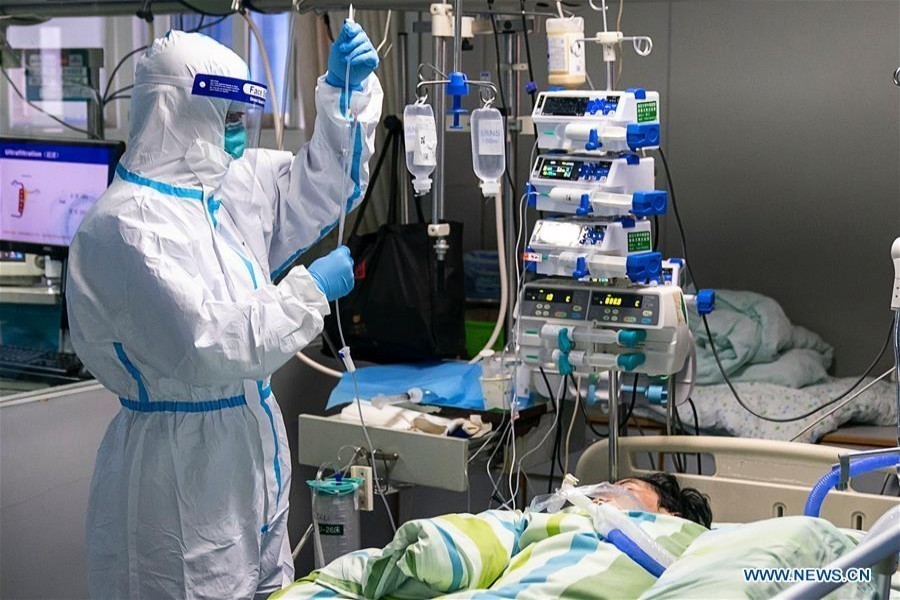Noticeably, the number of Covid tests has been well below the requirement and the rate of infection has lately gone down. That is what the statistics published by the Directorate General of Health Services (DGHS) show. Amidst this positive development, the daily fatality figures, however, has been almost static. The rise in the number of people seeking tests for the last couple of weeks at the designated hospitals and temporary booths, however, remains a worrying sign.
For no plausible reasons, the number of Covid patients seeking treatment in dedicated hospitals started declining since late July and the trend is continuing. It could be that more and more Covid patients with mild symptoms are preferring to stay at home and take advice from online doctors. The alleged maltreatment might also have been discouraging Covid patients from going to hospitals.
According to the Ministry of Health and Family Welfare, more than 73 per cent of the beds in the Covid hospitals do remain vacant these days. The government has already reduced the number of Covid beds by nearly 750 beds. Besides, hotel accommodation for doctors and nurses attending Covid patients has also been withdrawn. There is no denying that the authorities were required to spend a substantial sum on creating facilities for Covid patients and tests. But, a substantial part of it, allegedly, has been wasted in various forms.
Against this backdrop, a decision to reduce Covid beds in dedicated hospitals and downsize other responses in the event of a decline in the number of patients and the people wanting to get Covid tests makes sense at this stage. All these do involve money. Besides, conversion of the public health facilities into Covid hospitals has created a serious problem for patients suffering from other ailments. Taking the public hospitals out of their traditional role did create a vacuum in the overall health service system. Yet the performance of these so-called dedicated hospitals in offering treatment to Covid patients, in particular, does deserve serious scrutiny.
Though the government is now apparently squeezing the Covid treatment facilities, the possibility of a resurgence of infections cannot be ruled out. Such developments have been taking place in several countries, including the developed ones. Experts have been terming those as 'second' or 'third' wave. Because of the lower rate of testing, it has been difficult to make such a determination in the case of Bangladesh as yet.
Talks about the availability of 'effective' vaccines against the novel coronavirus have been getting louder in recent weeks. Time is not yet right to write off this deadly pathogen. At least, the results of research conducted on a few thousand people who survived the disease in Finland do suggest caution. The study has found that antibodies developed in these patients start fading after four to five months. So, what would be the fate of the vaccines---a few of them are being labelled as 'political or election vaccines'--- is difficult to say. The virus after a period of lull might stage a comeback. So, the government should downsize the facilities in such a manner so that those could be put to use again within the shortest possible time.


